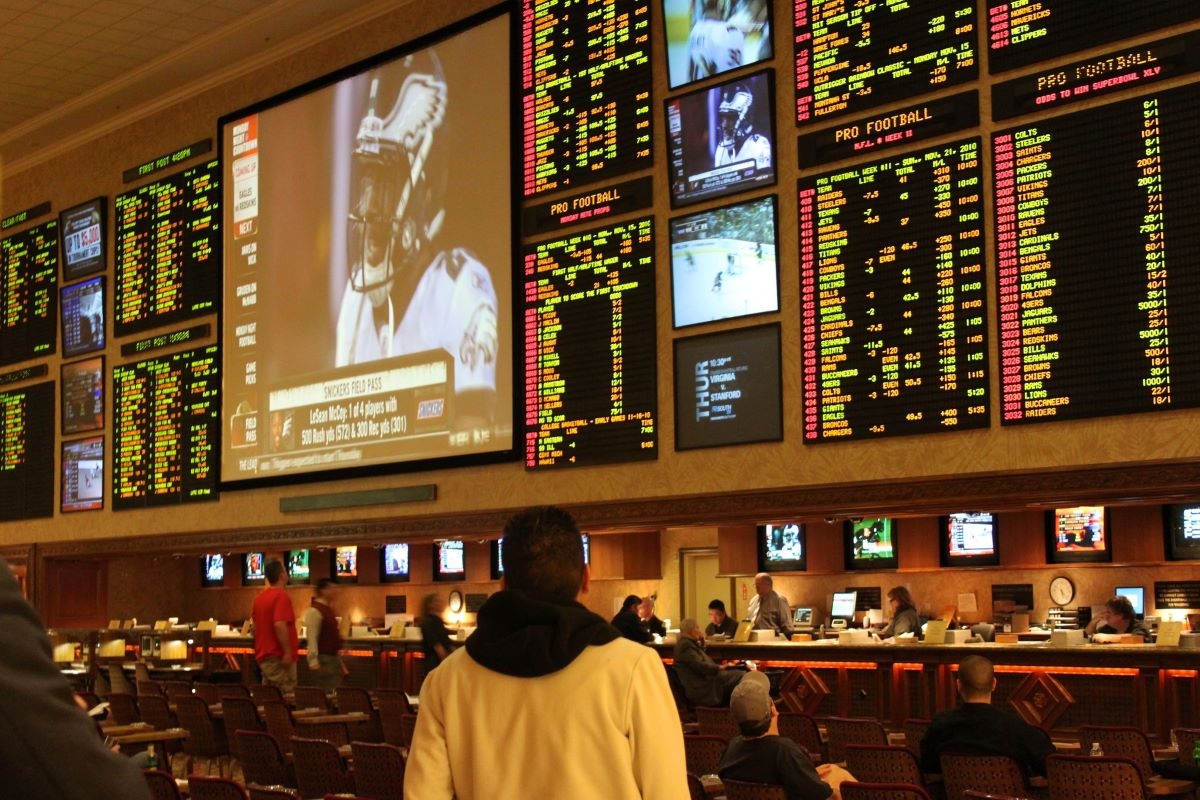
How does sports betting affect the Economy?
Introduction
A lot of money flows through the sports betting industry, so it’s no surprise that it has an effect on the economy. Historically, sports betting and other forms of gambling have fought for legalization and a large part of the argument is the positive economic impacts that often follow. We go through that and more in this short post on the relationship between our economy and the sportsbooks we all know and love.
If this short economics 101 lesson gives you the itch, check out https://www.fanduel.com/sbk/nfl-futures for odds on the NFL, the largest and most profitable league that contributes millions in taxes year over year.
Taxation in the Renaissance
Before we get into the modern situation in America, the economic benefits of gambling have been known since Renaissance Europe. It was Venice where the first gambling house was created to facilitate gambling during their carnival. It was called Il Ridotto and it’s often referred to as the first-ever casino, having been founded in 1638.
The establishment was taxed heavily to the benefit of the local government until a century later where it was shut down, partly due to pressure from the Catholic Church. Similar sentiments were expressed in France and Spain during the same time. This ended when Jules Mazarin, a Cardinal, and advisor to the French king, saw the immense value that gambling could bring to the economy via taxation. While his arguments initially fell on deaf ears, it is clear which side won out in the end.
Early Sports Betting in America
The gambling practices of Europe survived until the founding of the New World and America with it. Many of them were imported, including horse racing and lotteries, and they were even used to fund the first colonies of America, like Jamestown.
With the rise of sports betting, it should be understood that a lot of practices have flouted or outright avoided laws that apply to casino gambling. That said, the gambling environment as a whole contributed to the massive sports betting industry that we have today.
Lottery scandals and frauds were rife back then, best exemplified by the 1919 Black Sox Scandal when some Chicago White Sox members were accused of throwing the World Series game for bribes. This made many states outlaw gambling, including sports betting.
From here, history tends to repeat itself in cycles. First, moral legislators create arguments against gambling and illegalize the practice. Then, illegal sports betting happens anyway despite crushing pressure from anti-gambling legislation. Lastly, public sentiment changes and outright prohibition looks impossible, the economic incentives are highlighted, and so it gets accepted by the people and the powers that be.
Las Vegas – the Sports Betting Capital
Nevada legalized sports betting in 1949 to revive its tourism industry. The federal government proposed a 10% taxation on the establishments there but this was too much and was smothering the industry.
Senator Howard Cannon, who served the state for nearly thirty years, successfully convinced Congress to reduce the tax to 2% in 1974. The 60s had also seen renewed investment into the city, separating it from the criminal elements who had initially contributed to the city’s founding.
Legislation in the USA
Sports betting and other types of gambling were restrained by the Federal Wire Act, the Travel Act of 1961, and the Sports Bribery Act of 1964, among others. This led to the proliferation of illegal bookmakers. It should be noted that the major sports leagues at the time opposed betting.
Congress introduced their most damaging law on sports wagering in 1992 with PASPA, or the Professional and Amateur Sports Protection Act. It outright banned sports wagering legalization. Despite being put in place by New Jersey Senator Bill Bradley, the economy of the small state suffered greatly. Since 2009, they fought to repeal the law and allow sports betting again for the benefit of their state and all the other states, too.
PASPA was nullified in May of 2018, making sports betting legal. Slowly but surely, many states have since passed their own legislation ensuring that the practice is legal and taxed to support local economies.
The Potential of Taxed Sports Betting
If sports betting is made legal across the states that have allowed casino gambling and assuming basic tax rates, the industry could be worth $41.2 billion and create $11 billion in total labor income, separated across over 200,000 jobs. Half of the industry’s worth – $22.4 billion – is the expected contribution to the US gross domestic product.









